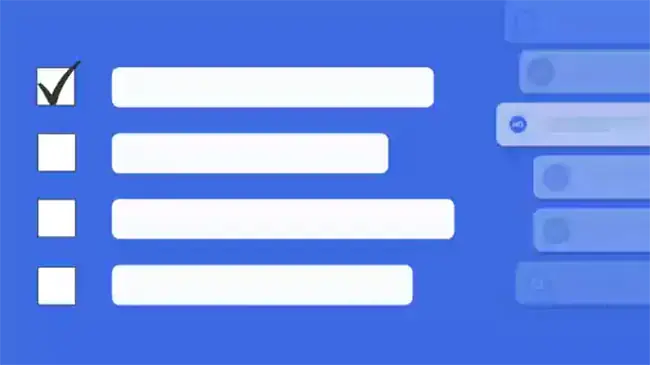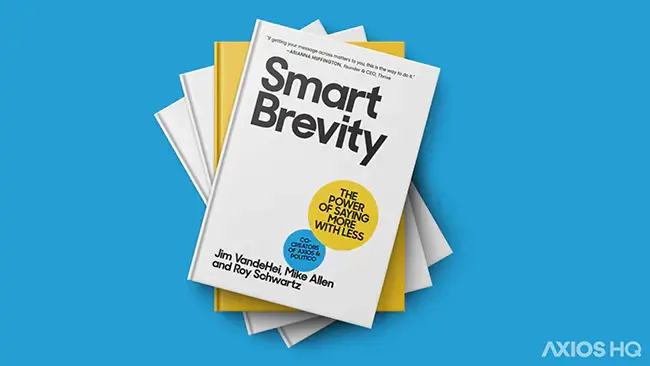Character.AI’s CEO wants to make AI way, way cheaper

“I've been excited about AI forever,” says Character.AI CEO Noam Shazeer. “Growing up, since I got a computer, I just was excited about, ‘What can I make this thing do?’”
- The team building Character.AI is betting Large Language Models — behind simple interfaces — will solve “millions and billions of different problems,” Noam says, whether that’s helping people find news ways to be more effective in their jobs or building a character who can give them ideas, advice, or the social connections they crave.
The big picture: AI is expected to boost global GDP roughly $15.7 trillion by 2030 — a huge opportunity for those who are willing to understand it, embrace it, and invest in it. It’s also the technology that could democratize people’s access to powerful resources and relationships.
- But access to AI still varies widely in price, some free, others thousands of dollars.
- So it can be cost prohibitive for some — even among the most forward-thinking.
As part of our new “AI HQ” event series, Axios HQ talked with Noam about the cost of AI, its impact on relationships, and how it could affect our world.
“How do we make it cheaper?”
Character.AI helps users create and interact with virtual characters — and their applications are limitless. From talking to a “librarian” for book recommendations, to working on mock interviews with a “hiring manager,” to chatting with Albert Einstein about his ideas, Character.AI is trying to transform our relationships.
- “Today, you have relationships with friends, doctors, and teachers,” says Dylan Pearce, a venture capitalist in AI and investor in Character.AI. “You're going to have those same relationships with an AI companion, and these relationships aren't only going to be enabled for a select few.”
- Instead, it'll be democratized. “Every person on the planet” is going to have access to the best teachers, doctors, and social supporters, all through AI, which will “do a lot of good for society.”
AI needs to get cheaper first for that to be possible. “We are always working on, ‘How do we make it cheaper so that we can get billions and billions of users on there for free?’” Noam says.
- Human relationships need to stay strong. “I don't want to take away from human relationships. Hopefully people can use this technology to enhance” them, Noam says. “A lot of people use it to learn languages or all kinds of things that will hopefully help them get along better in the real world.”
In the future, we may even have more multi-user experiences, where AI can facilitate human interactions, exchanges, or relationships. But it will require research to be deeper and adoption to be higher before the cost can scale in a converse way to make the technology more affordable.
Noam’s bet is users will find the answer. “We're not gonna think of all the great use cases. There are millions and millions of users out there. They can think of better things,” he says. Affordable AI can change the way organizations do business, but they need to make the investments and start exploring — and building upon — those use cases before it will ever truly be able to.
Go deeper: Subscribe to AI HQ for access to future episodes and other AI HQ exclusives





.webp)
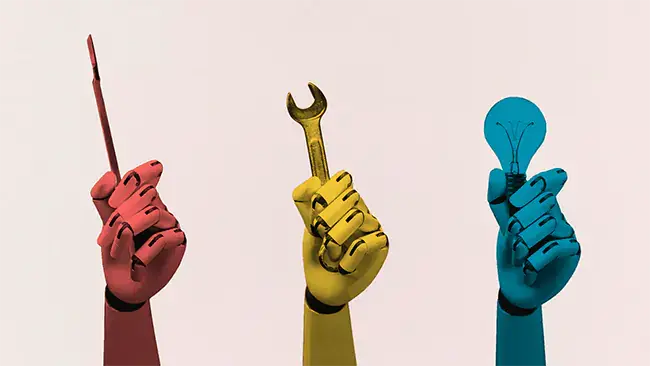






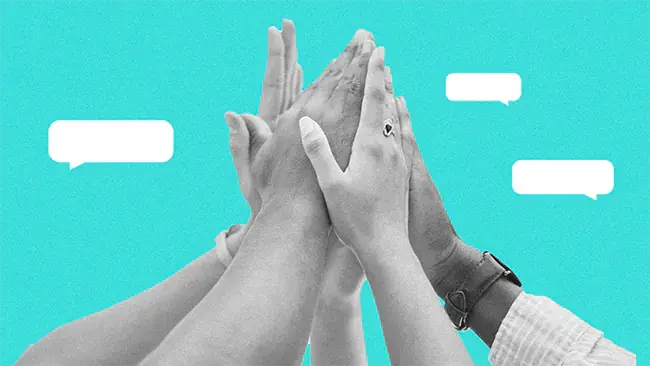



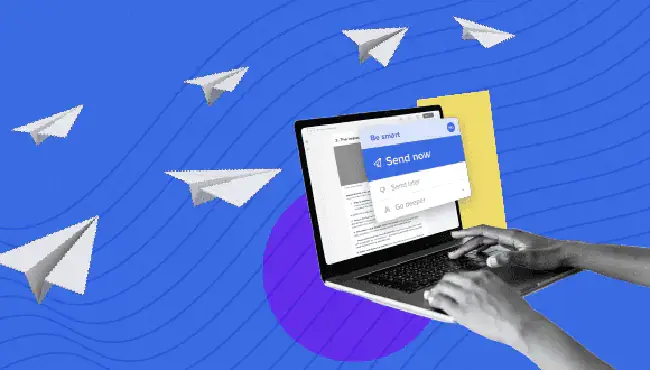
.webp)
